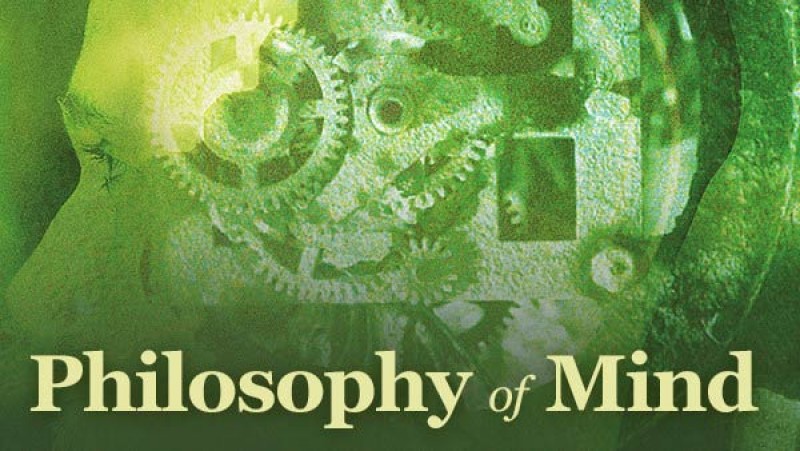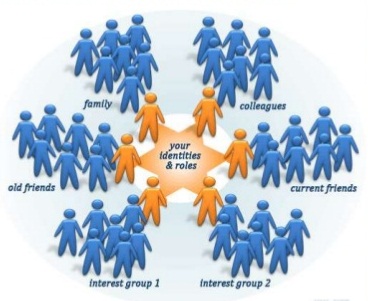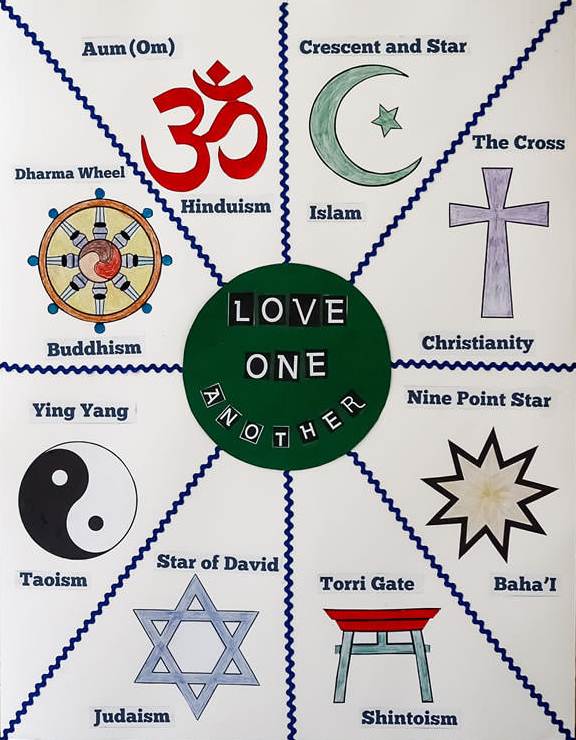Course Contents:
a) Psychology: Definition, Nature and Scope
b) Methods of Psychology: Introspection, Extrospection, Experimental Methods – variables - dependent &independent, controls in experiment, limitations of experimental method.
c) Sensation and Perception: Nature of sensation, nature of perception, relation between sensationand perception, Gestalt theory of perception. Illusion and Hallucination.
d) Learning: Theories of Learning - Trial and error theory, Thorndike’s laws of learning, GestaltTheory, Pavlov’s theory of conditioned response, B.F. Skinner’s theory of Operant Conditioning(reinforcement, extinction, punishment).
e) Philosophical Theories of Mind: Interactionism, Double-aspect theory, Philosophical Behaviorism, Materialism mind - brain identity theory, The Person theory (Strawson).
f) Consciousness: Levels of mind—Conscious, Sub-conscious, Unconscious, proofs for the existence of Unconscious, Freud’s theory of Dream.
g) Personality: Types, Factors and Traits of Personality.

Course Contents:
a) Nature and Scope of i) Social Philosophy ii) Political Philosophy iii) Relation between social and Political Philosophy.
b) Primary concepts: Society, community, association, institution, family: nature, different forms of family, role of family in the society.
c) Social Class and Caste: Principles of class and caste, Marxist conception of class, Varṇaśrama dharma.
d) Theories regarding the relation between individual and society:
II. Organic theory
III. Idealistic theory
e) Secularism—its nature, Secularism in India.
f) Social Change: Nature, Relation to Social progress, Marx-Engles on social change, Gandhi on social change.
g) Political Ideals: Nature of Democracy and its different forms, direct and indirect democracy, liberal democracy, democracy as a political ideal, Socialism: Utopian and Scientific, Anarchism.

Course Contents:
a) Nature and scope of Philosophy of Religion. Doctrine of karma and rebirth, doctrine of liberation, (Hindu, Bauddha and Jaina views).
b) The Philosophical teachings of the Holy Quran: God the ultimate Reality, His attributes, His relation to the world and man.
c) Some basic tenets of Christianity: The doctrine of Trinity, The theory of Redemption
d) Religious Pluralism, Inter-religious dialogue and Possibility of Universal Religion.
e) Arguments for the existence of God: Cosmological, Telelogical and Ontological arguments, Nyāya arguments
f) Grounds for Disbelief in God: Sociological theory (Durkheim), Freudian theory, Cārvāka, Bauddha and Jaina views
g) The Peculiarity of Religious Language: The doctrine of analogy, Religious statements as Symbolic, Religious language as Non-Cognitive (Randal’s view), the language game theory (D.Z. Phillip).

Course Contents:
a) Definition and Nature of Human Rights
b) The Idea of Human Rights: Its Origins and Historical Developments during Ancient period, Modern period and Contemporary period
c) The Idea of Natural Law and Natural Rights: Thomas Hobbes and John Locke.
d) The Natural Rights Tradition: Some Reactions from Jeremy Bentham, Edmund Burke and Thomas Paine
e) Natural Right, Fundamental Right and Human Right
f) Preamble, Fundamental Rights and Duties (Indian Constitution)
g) Contemporary Perspectives: Joel Feinberg—Basic Rights
